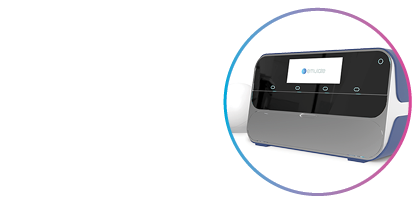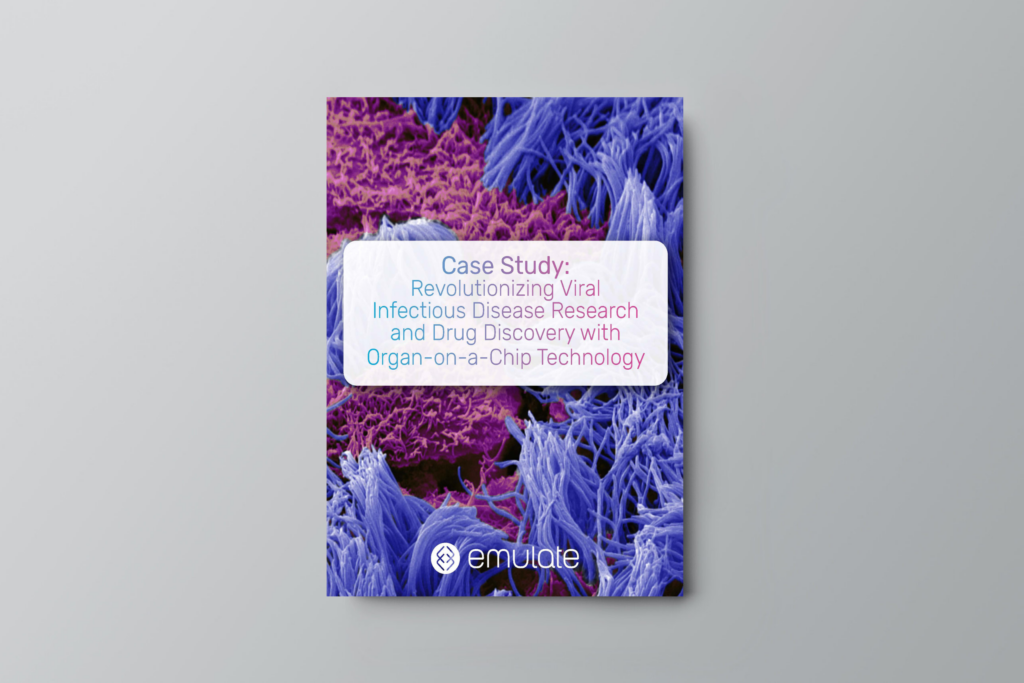Despite decades of therapeutic progress, respiratory viruses continue to pose a significant threat to global health, causing millions of deaths each year. A major challenge has been the limitations of conventional research models. Static 2D cell culture and animal models often fall short in replicating disease pathology and therapeutic effect as they would appear in humans, hindering the development of infectious disease therapeutics and, in turn, leading to a continued health burden.
Fortunately, Organ-Chips can provide more human-relevant insights into infectious disease pathology and therapeutic efficacy. This case study explores three peer-reviewed studies in which researchers from the Wyss Institute at Harvard University used Organ-Chips to:
- Rapidly identify promising treatments
- Investigate how viruses evolve through human-to-human transmission
- Study the role of mechanical forces on the innate immune response to viral infection

